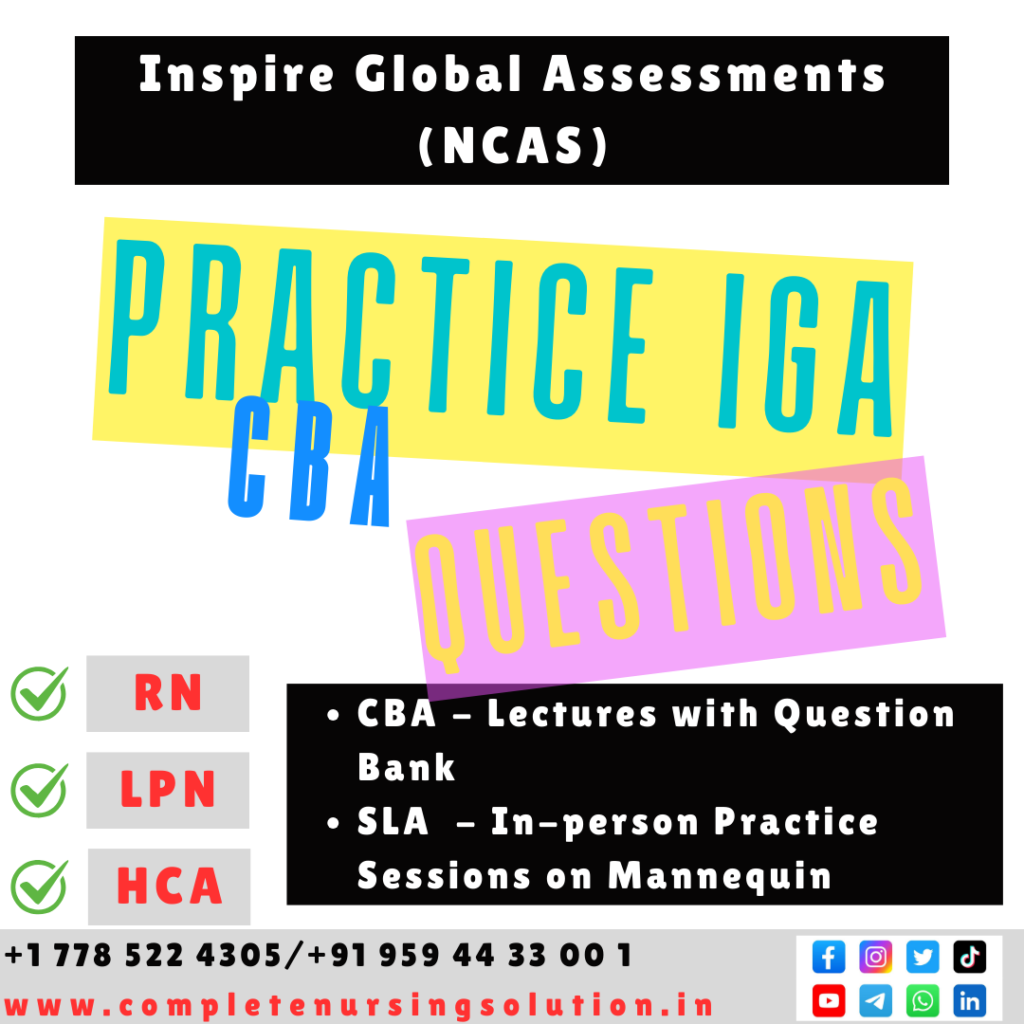A spontaneous abortion (ie, miscarriage) is an unintentional pregnancy loss before 20 weeks gestation, most commonly occurring during the first trimester. Although miscarriage is common, its cause often remains unknown, sometimes leaving clients with no explanation. Clients may experience a profound sense of loss and a range of emotions. including relief, uncertainty regarding future pregnancies, guilt, depression, and isolation.
The nurse assists the client to grieve and cope with the psychosocial aspects of miscarriage by offering unbiased support and facilitating open communication. Α pregnancy loss support group can assist the client with emotional healing and decrease feelings of isolation (Option 1). Encouraging the client and partner to communicate feelings and needs with one another can decrease relational conflict and stress (Option 3).
(Option 2) The majority of miscarriages do not influence a couple's ability to conceive. However, further testing and genetic counseling may be warranted if the client experiences 2-3 consecutive miscarriages.
(Options 4 and 5) Although physical recovery occurs within several weeks, the amount of time a client needs to grieve a miscarriage varies greatly. The nurse should avoid specifying an amount of time for grieving and encourage the couple to allow as much time as needed to grieve before conceiving again.
Educational objective:
Clients who have a spontaneous abortion (ie, miscarriage) may experience a profound sense of loss and a range of emotions. The nurse assists the client to cope with the psychosocial aspects of miscarriage by recommending support groups and encouraging communication between the client and partner.
A spontaneous abortion (ie, miscarriage) is an unintentional pregnancy loss before 20 weeks gestation, most commonly occurring during the first trimester. Although miscarriage is common, its cause often remains unknown, sometimes leaving clients with no explanation. Clients may experience a profound sense of loss and a range of emotions. including relief, uncertainty regarding future pregnancies, guilt, depression, and isolation.
The nurse assists the client to grieve and cope with the psychosocial aspects of miscarriage by offering unbiased support and facilitating open communication. Α pregnancy loss support group can assist the client with emotional healing and decrease feelings of isolation (Option 1). Encouraging the client and partner to communicate feelings and needs with one another can decrease relational conflict and stress (Option 3).
(Option 2) The majority of miscarriages do not influence a couple's ability to conceive. However, further testing and genetic counseling may be warranted if the client experiences 2-3 consecutive miscarriages.
(Options 4 and 5) Although physical recovery occurs within several weeks, the amount of time a client needs to grieve a miscarriage varies greatly. The nurse should avoid specifying an amount of time for grieving and encourage the couple to allow as much time as needed to grieve before conceiving again.
Educational objective:
Clients who have a spontaneous abortion (ie, miscarriage) may experience a profound sense of loss and a range of emotions. The nurse assists the client to cope with the psychosocial aspects of miscarriage by recommending support groups and encouraging communication between the client and partner.



phtaya11 https://www.phtaya11y.com
balato88 https://www.balato88u.com